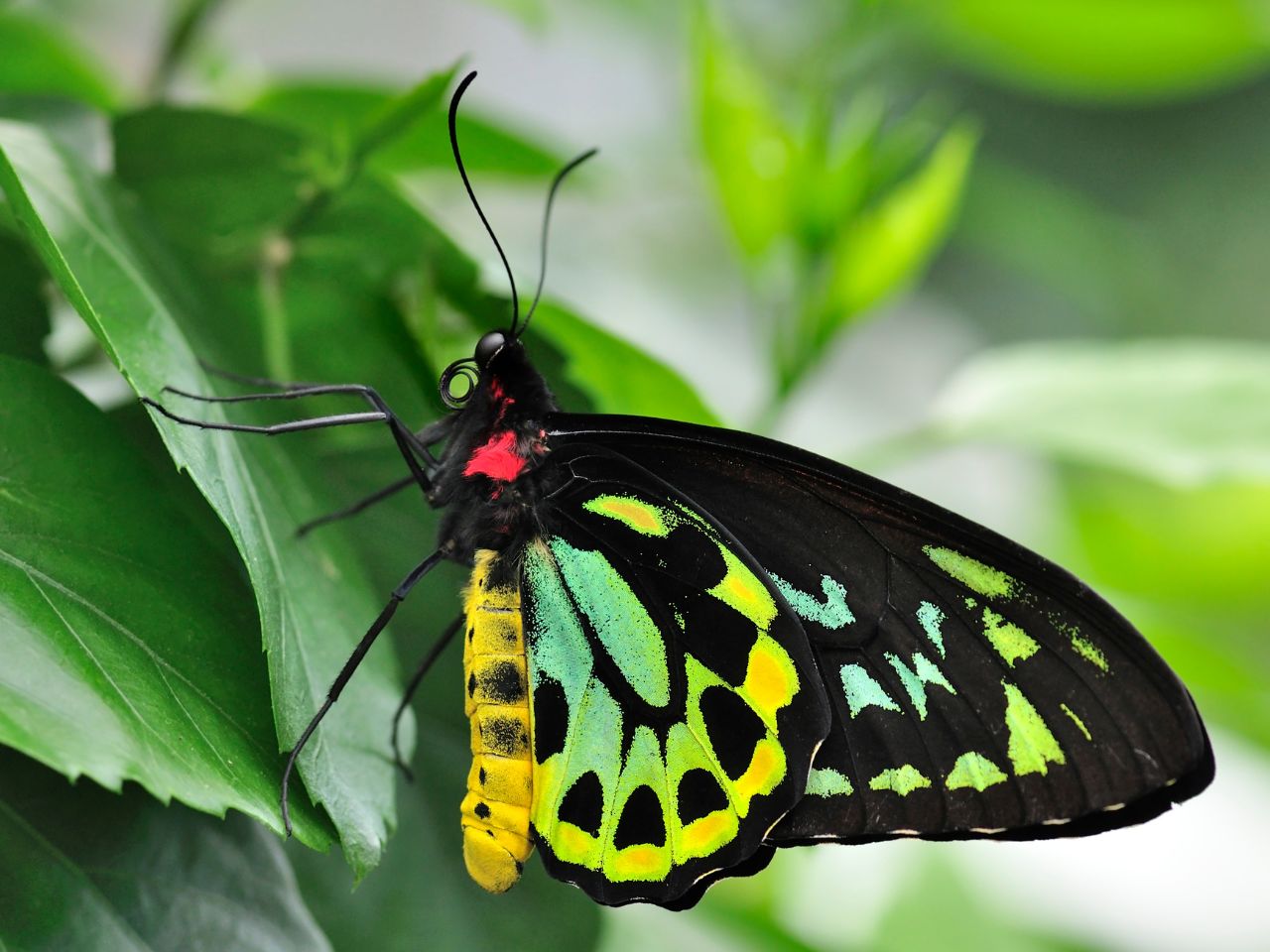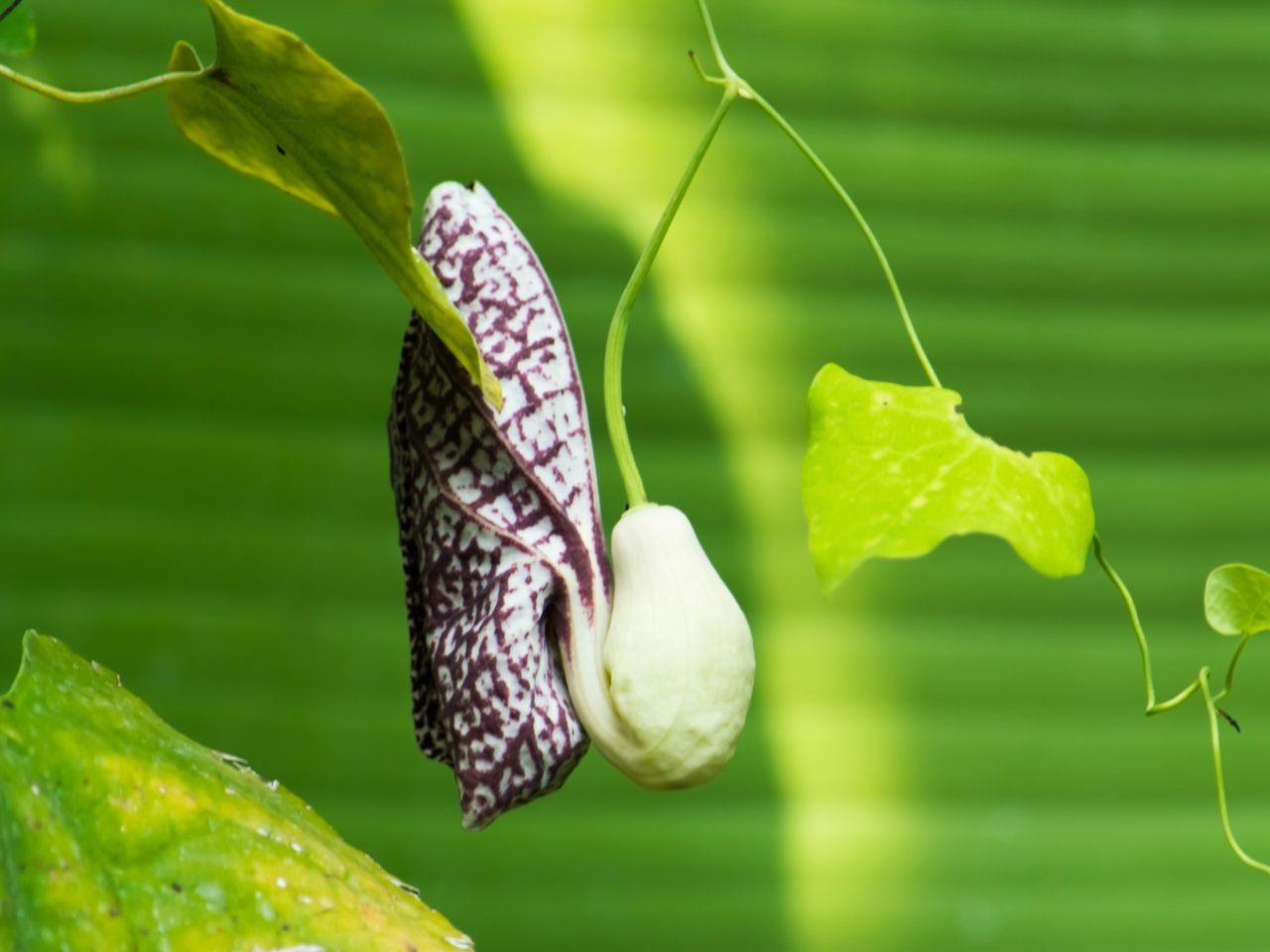Dutchman’s Pipe Removal in the Redlands
© Canva NFP
About this project
The South American Dutchman’s pipe vine, which is listed as a Class 3 weed by the Queensland Government Department of Agriculture and Fisheries, is toxic to Richmond birdwing butterfly larvae (Ornithopreta richmondia). The invasive vine’s leaves contain chemicals that entice these butterflies to lay their eggs; however, once larvae hatch and begin to feed, they are poisoned by the deadly chemicals.
The spread of this vine across the Richmond birdwing’s range, in combination with the lethal leaf toxicity, identify the Dutchman’s pipe as a key threatening process in the decline of South East Queensland’s largest butterfly. If left untreated, populations of Dutchman’s pipe may compromise the future recovery of the vulnerable Richmond birdwing butterfly in the Redlands.
 © Canva NFP
© Canva NFP
Richmond birdwing butterfly (Ornithoptera richmondia).
Project aims
 © Canva NFP
© Canva NFP
Dutchman’s pipe vine (Aristolochia elegans).
Working in partnership with Redland City Council and local landholders, the Richmond Birdwing Conservation Network aims to assist the ongoing recovery of the Richmond birdwing butterfly by significantly reducing the biomass of Dutchman’s pipe vine infestations around Mount Cotton and thus strengthening the opportunity for this threatened butterfly species to naturally recolonise the Redlands.
The project involves:
- removing Dutchman’s pipe vine weed from key properties within the Mount Cotton area
- engaging local landowners within the Mount Cotton area to actively participate in weed control activities to aid the conservation of a vulnerable native species.
This project aligns with other conservation actions currently underway to help recover the Richmond birdwing butterfly in the Mount Cotton area, including:
- the planting and maintenance of 200 birdwing butterfly vines on 10 key Land for Wildlife properties in the Mount Cotton area
- the development of a habitat corridor from Mount Cotton to Mount Tamborine in an effort to expand the restricted range of this species.
Measuring success
- Initial project site visits will identify the size of the weed infestation in metres squared per participating property. Resources will be allocated in proportion to the scale of the infestation.
- A post-project site visit will be conducted to measure the reduction in the size of the weed infestation.
Partners & sponsors
Redland City Council is proud to provide funding for ‘Controlling the Invasive Dutchman’s Pipe Vine’ to assist the Redlands Coast community.
- Redland City Council
- Native Plants of South East Queensland
- Land for Wildlife South East Queensland
